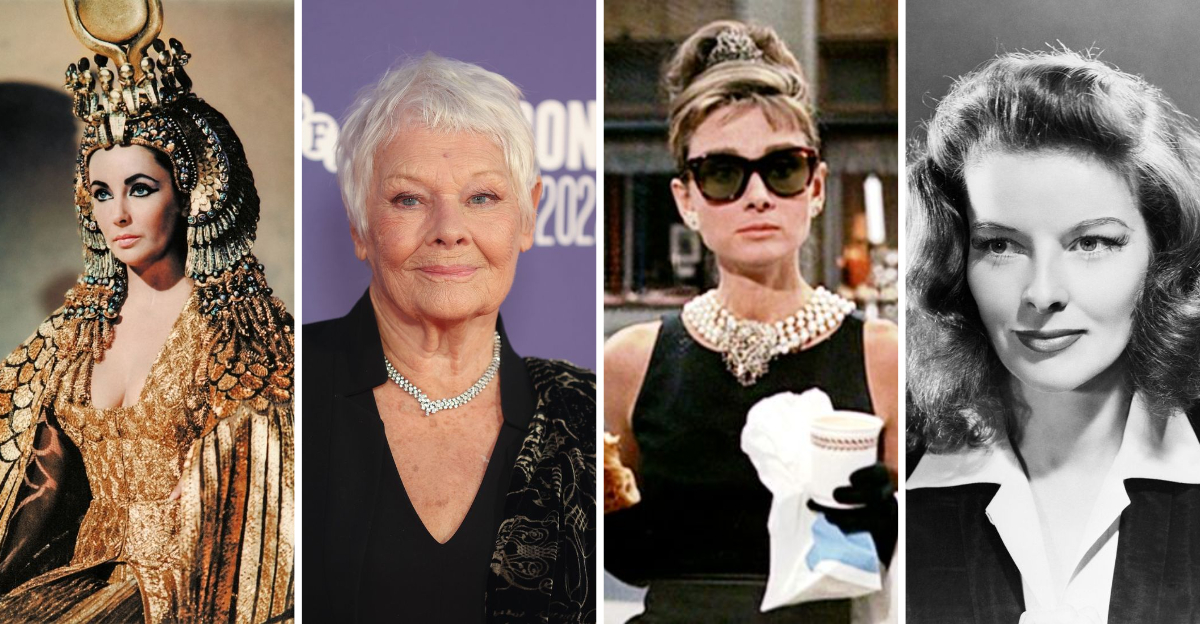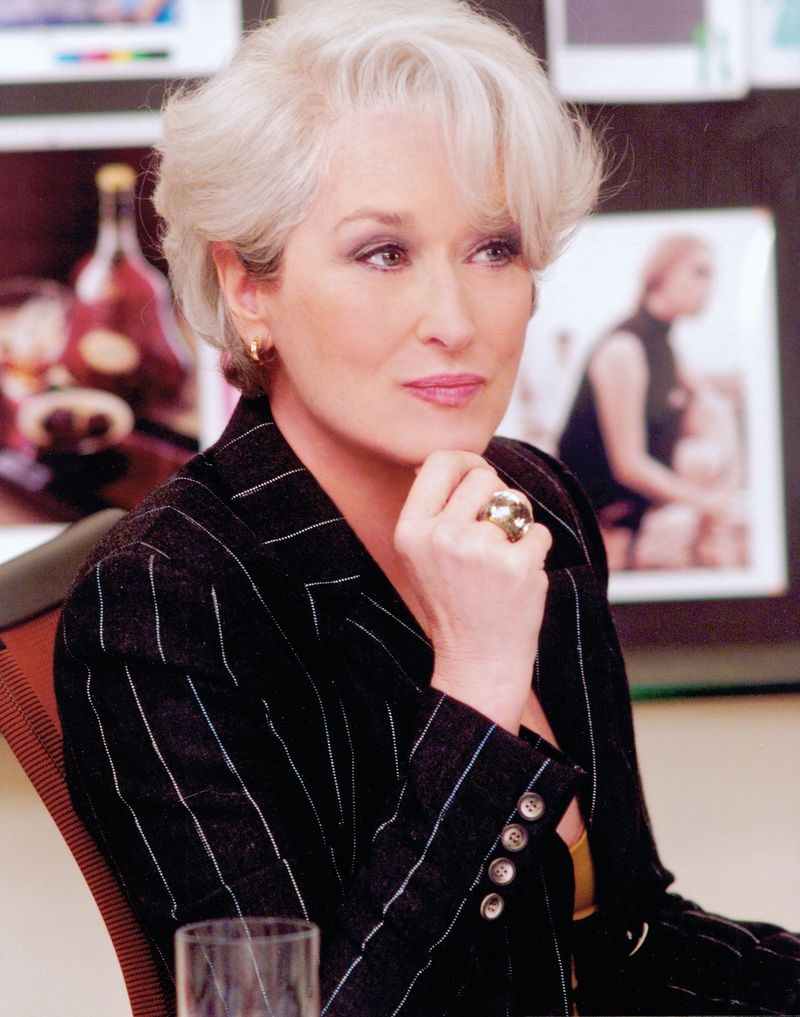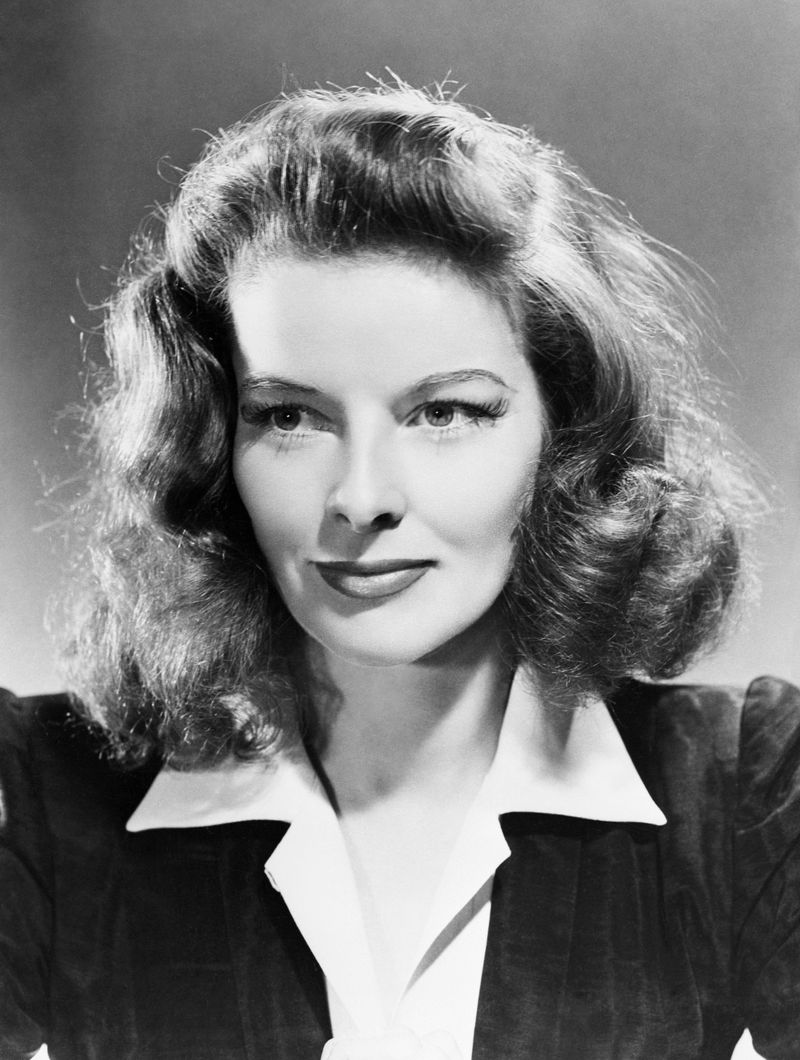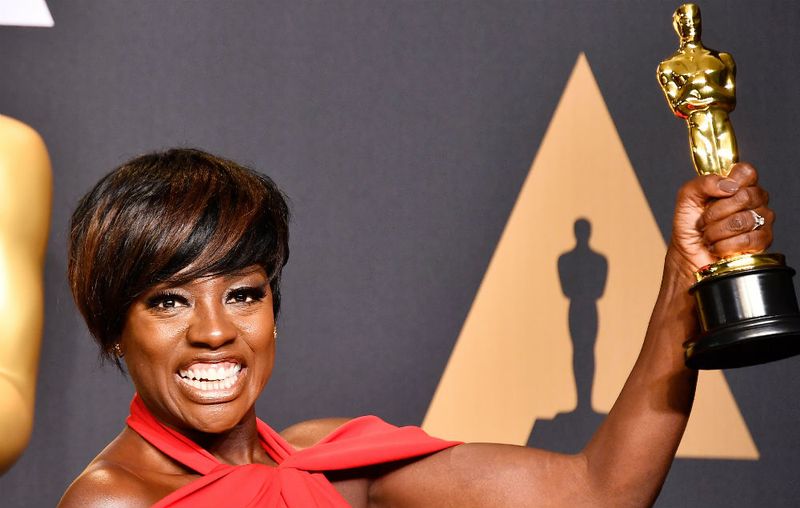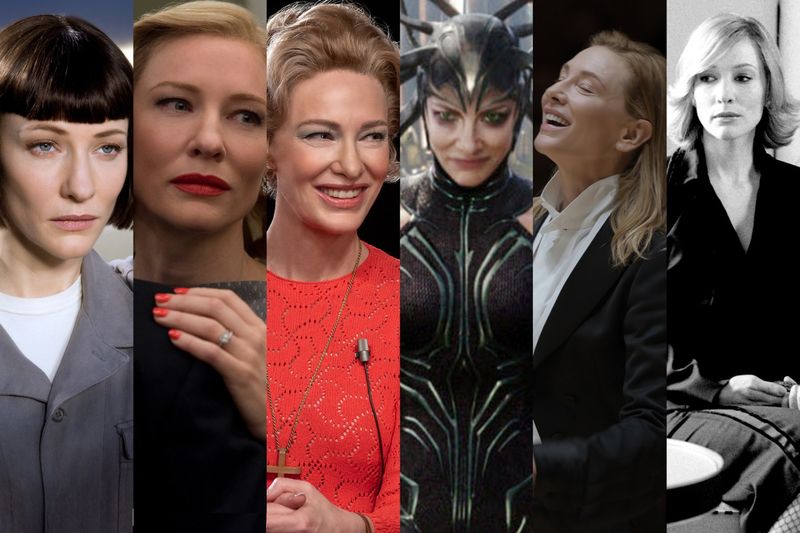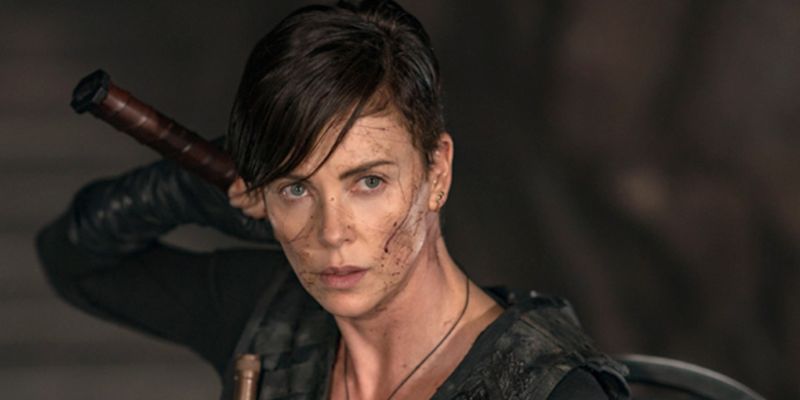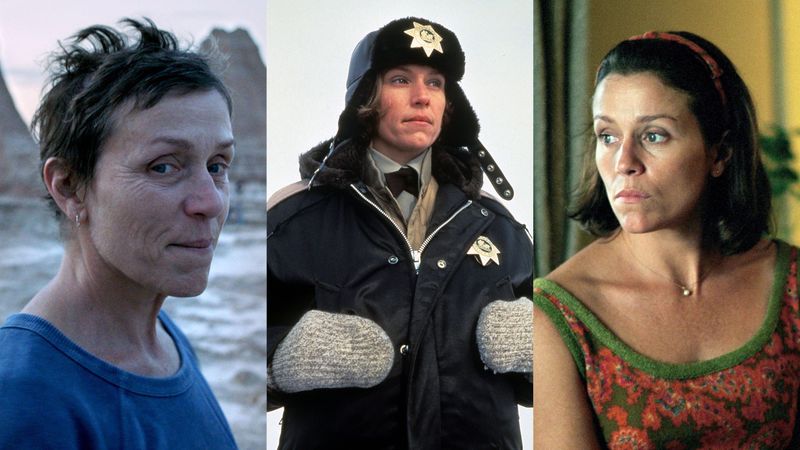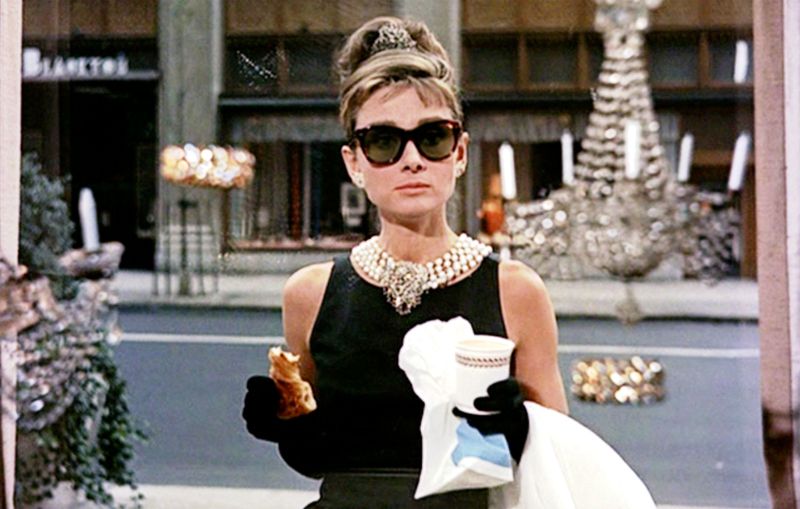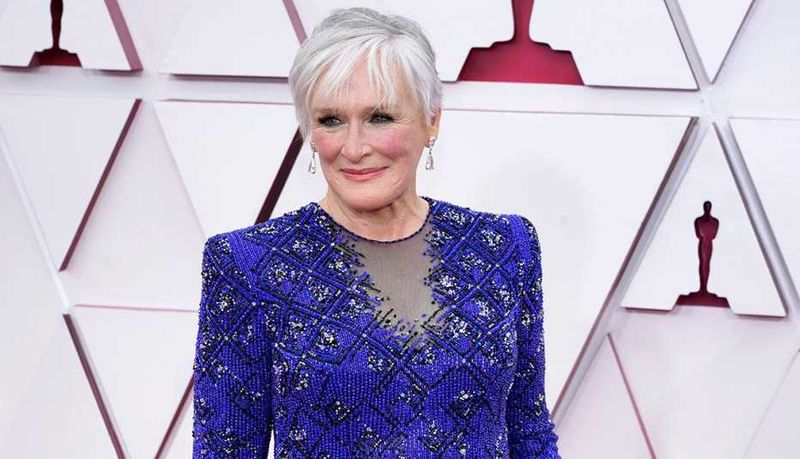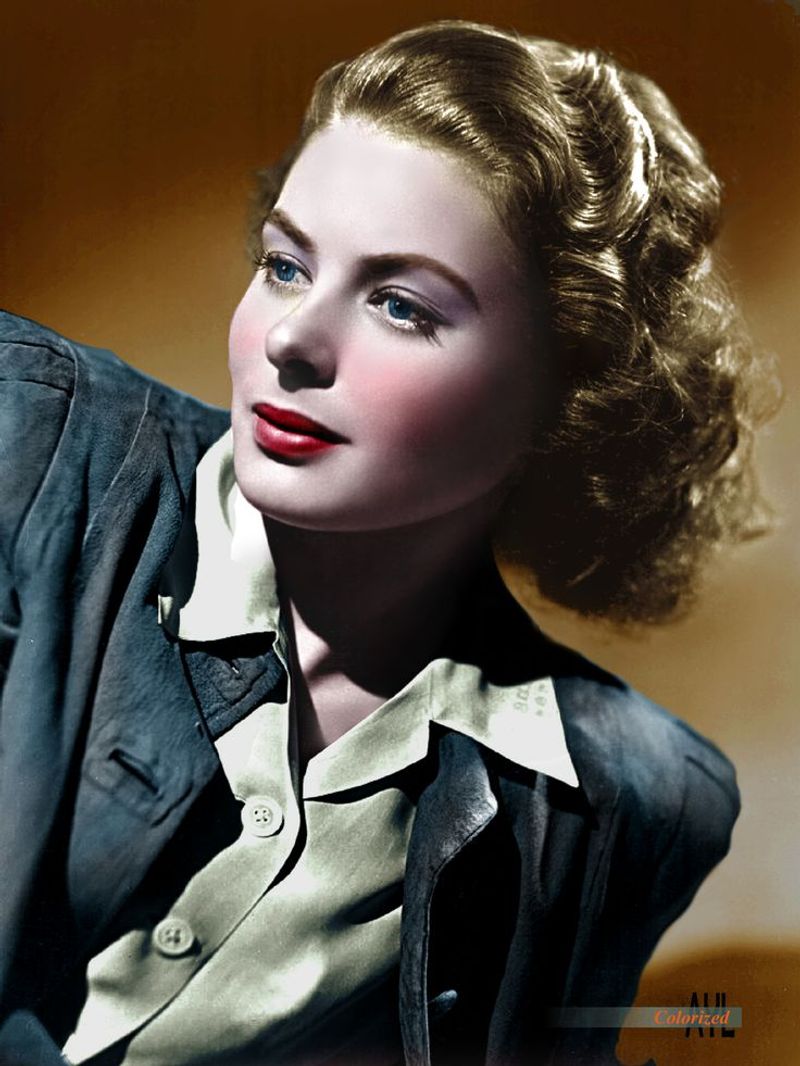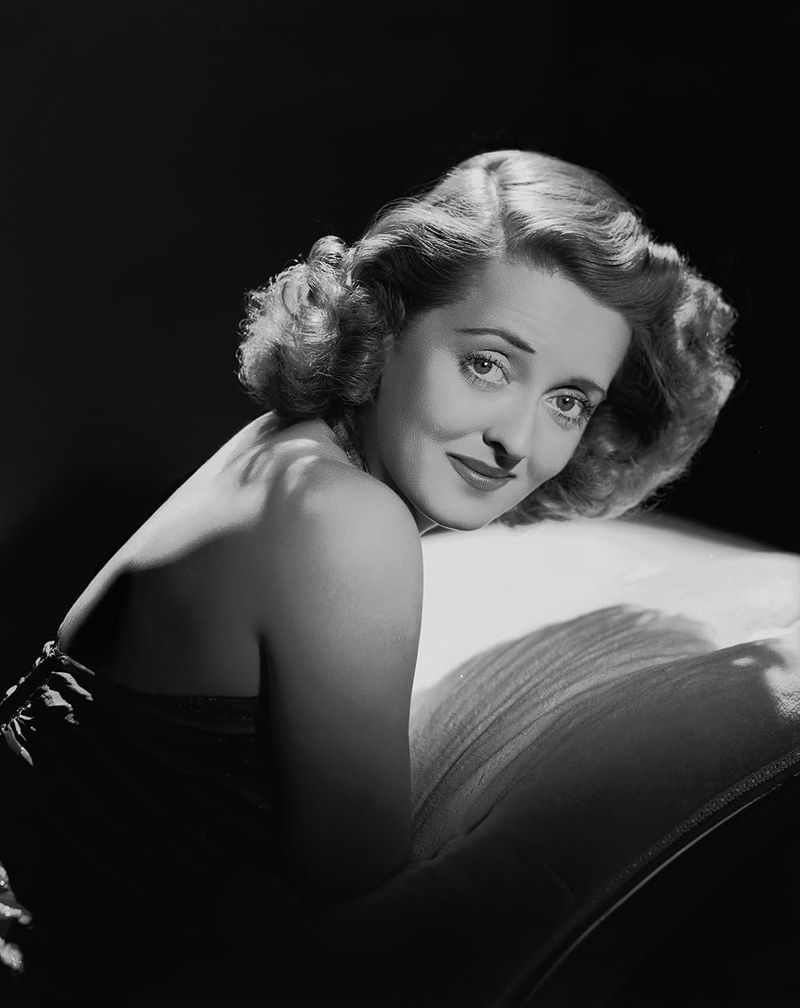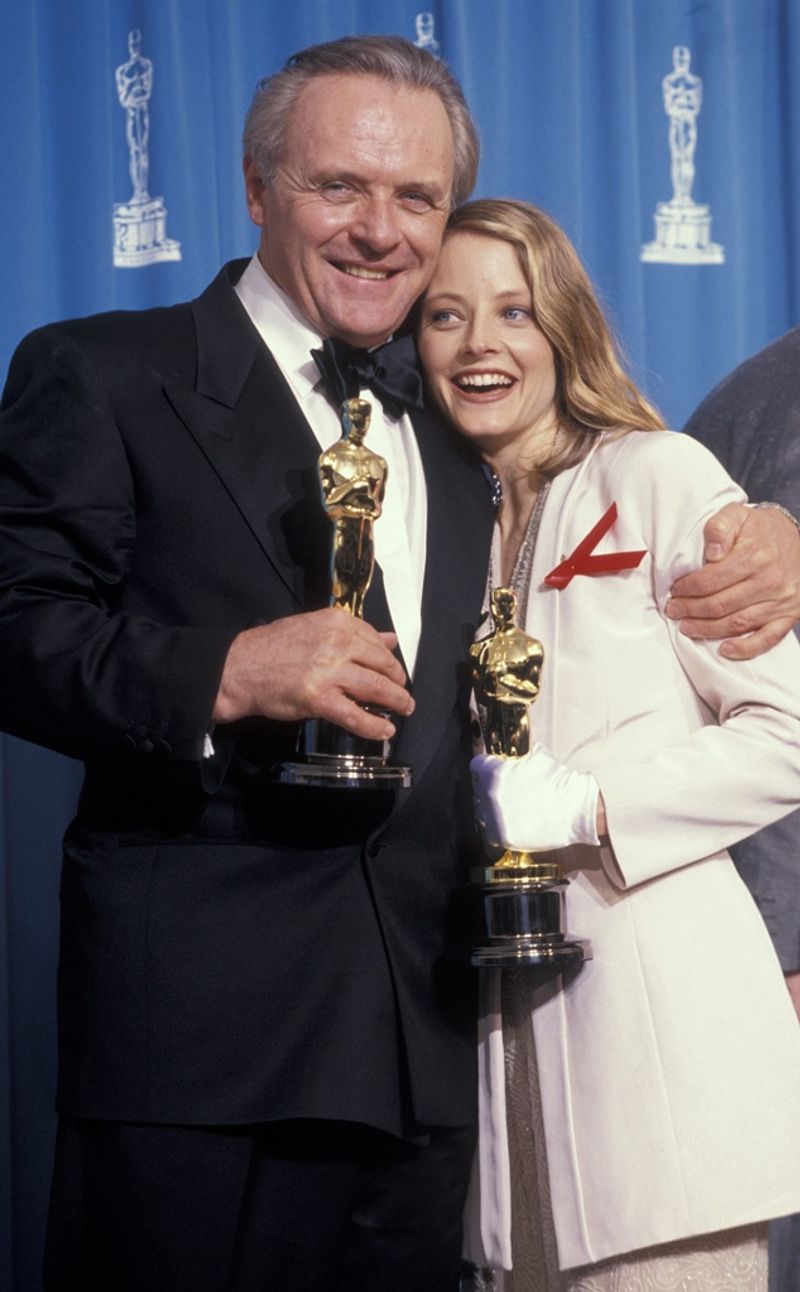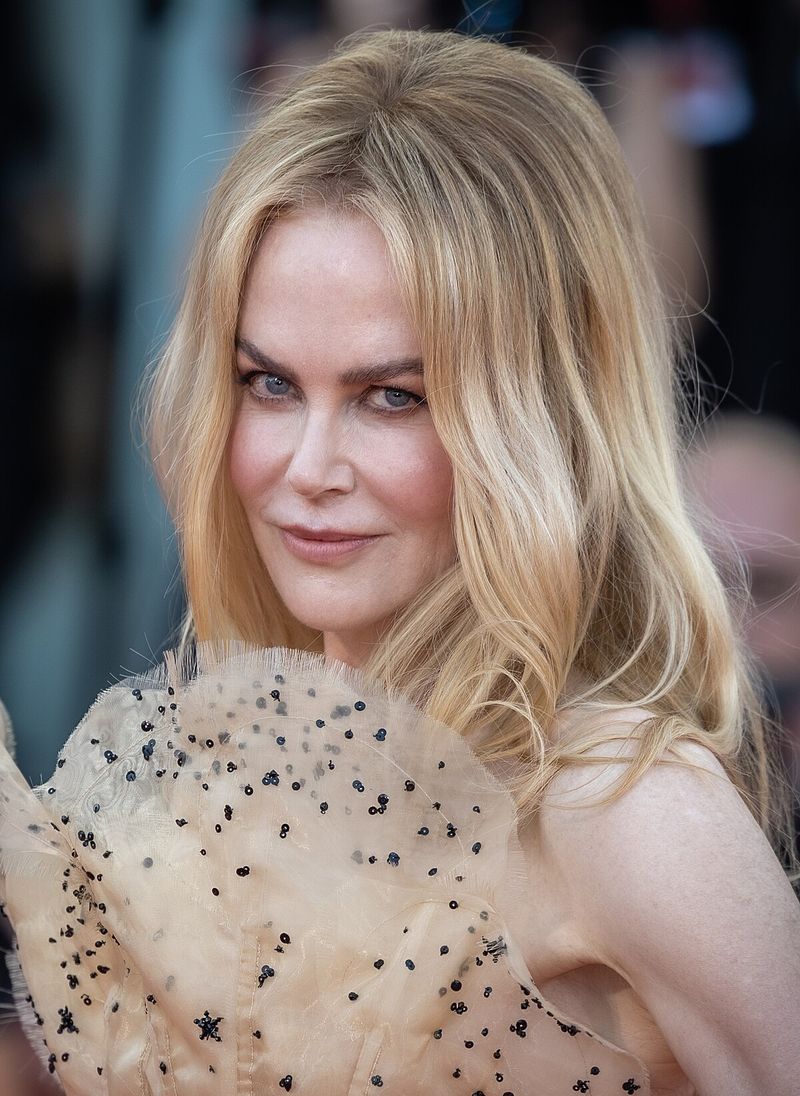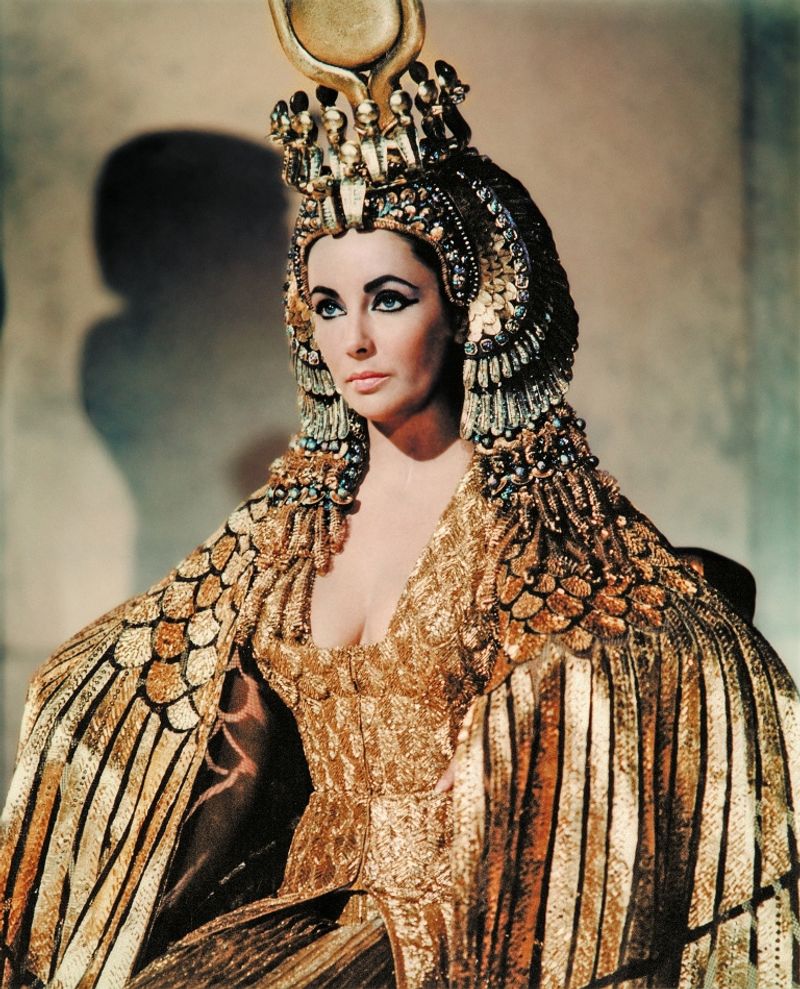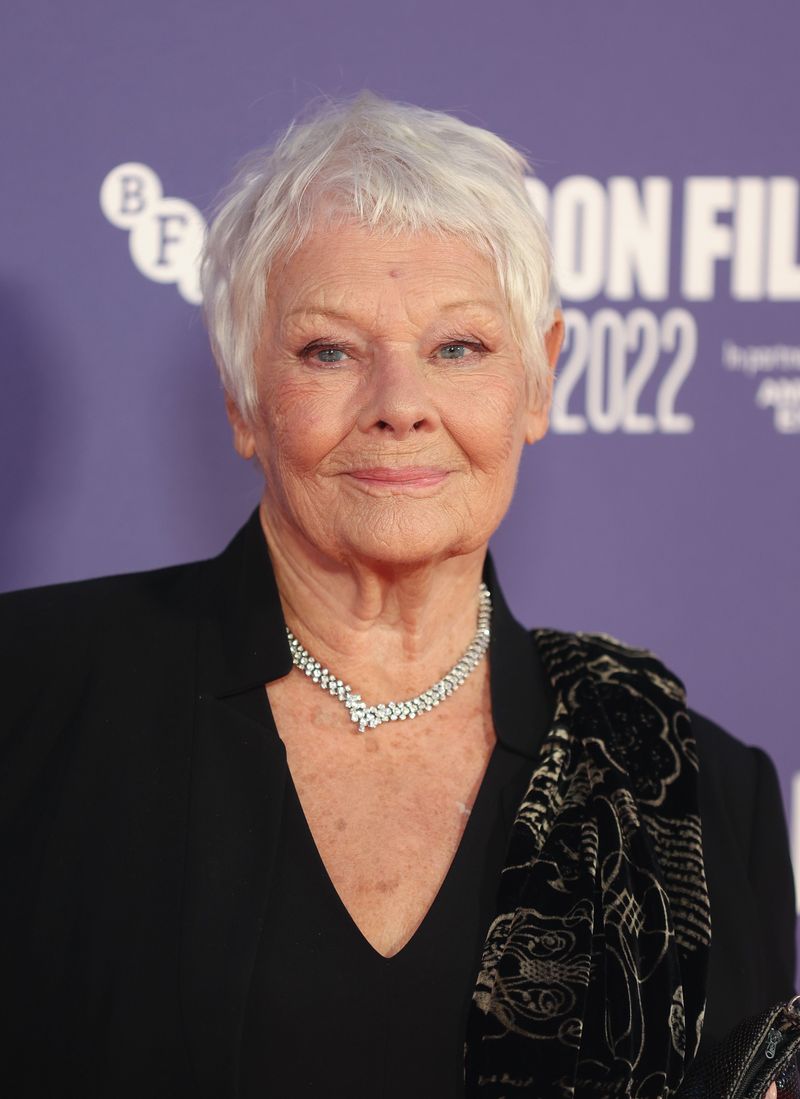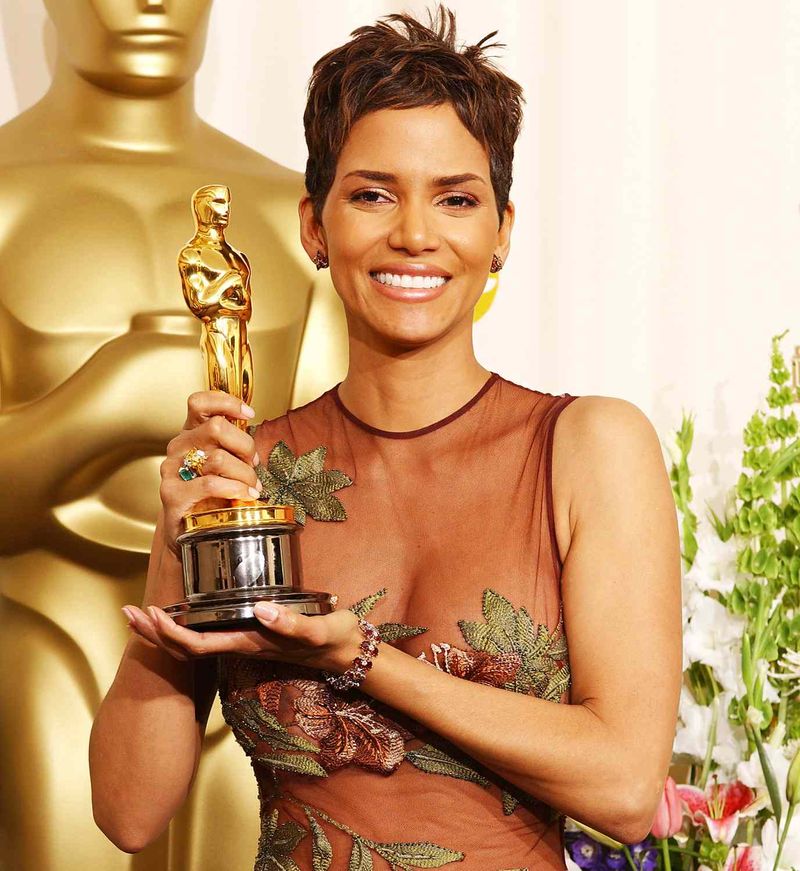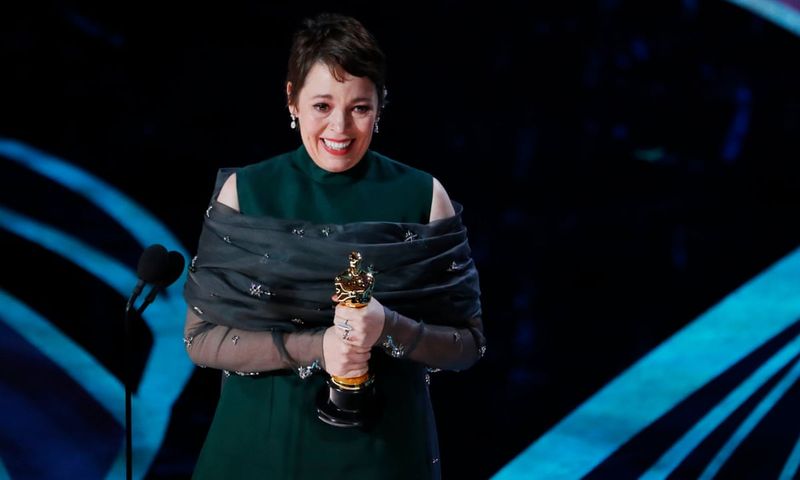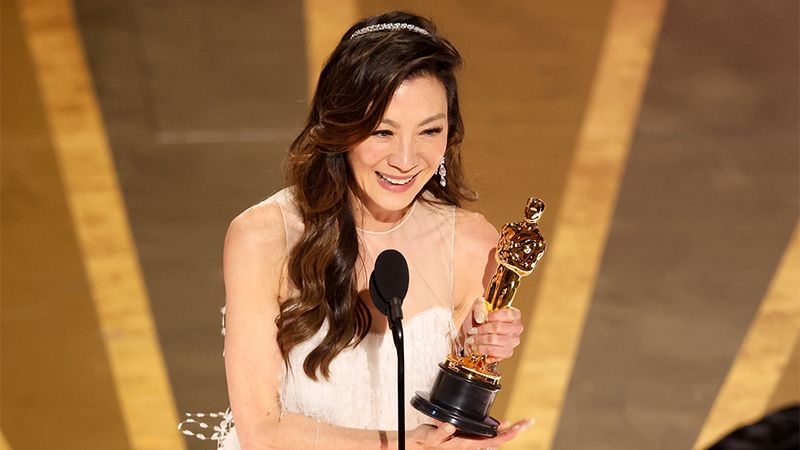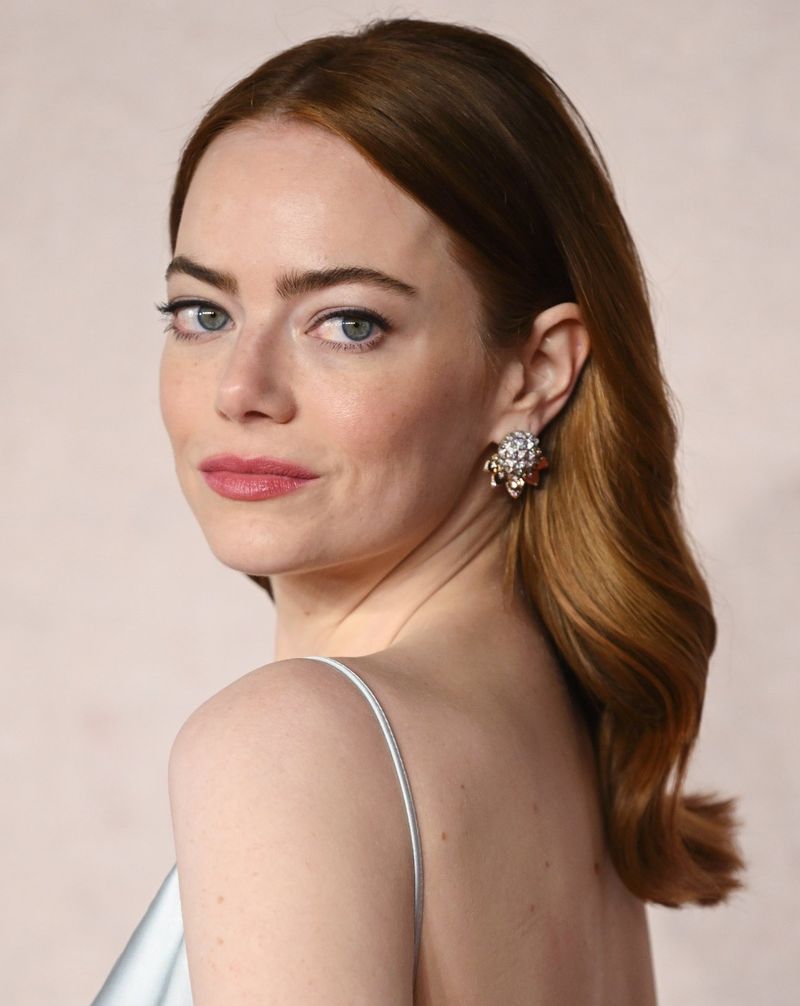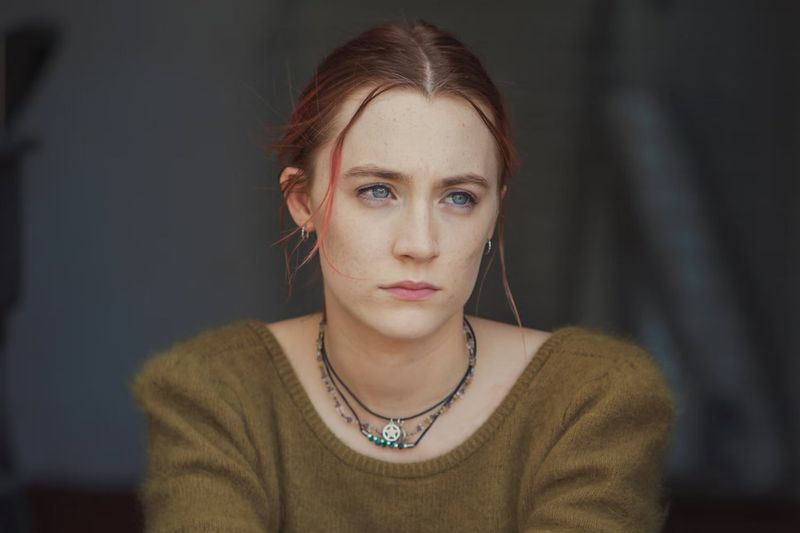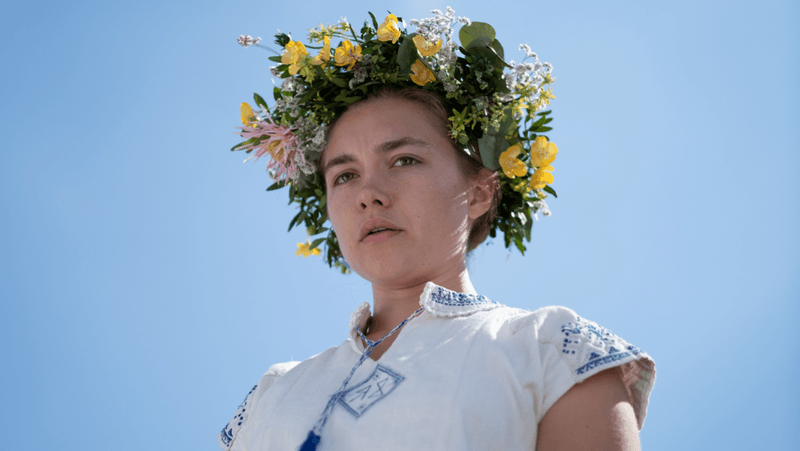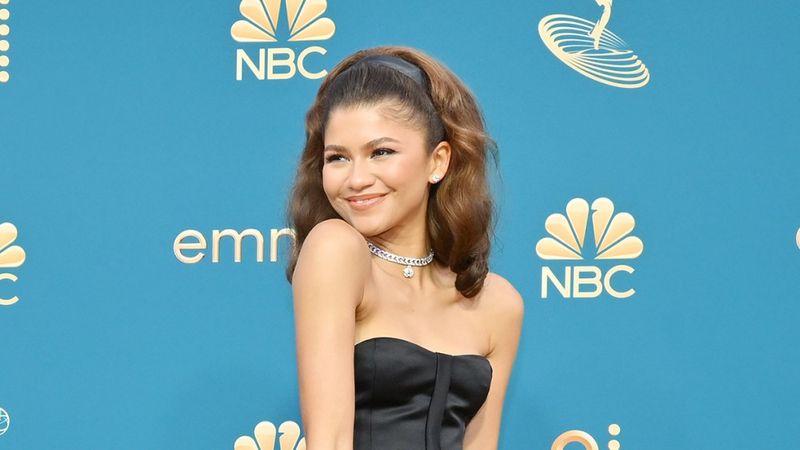Some women don’t just act in movies – they transform them. Since the dawn of cinema, certain actresses have shaped Hollywood with talent that transcends ordinary stardom. They’ve broken barriers, redefined what’s possible, and created characters we’ll never forget. These 21 women didn’t just appear in great films; they made them great, changing how we see movies forever.
1. Meryl Streep: The Undisputed Queen
With a record-shattering 21 Oscar nominations, Meryl Streep stands as acting royalty in a class entirely her own. Her chameleon-like ability to disappear into roles – from the heartbreaking Sophie in “Sophie’s Choice” to the icy Miranda Priestly in “The Devil Wears Prada” – showcases a range that feels almost supernatural.
Directors fight for the chance to work with her, knowing Streep elevates every project she touches. What makes her truly remarkable isn’t just her technical skill but her emotional intelligence.
Despite her legendary status, she approaches each character with fresh curiosity rather than relying on past successes. At 74, she continues to surprise audiences, proving true artistry only deepens with time.
2. Katharine Hepburn: Trailblazing Independence
Fiercely independent when Hollywood demanded conformity, Katharine Hepburn refused to play by anyone’s rules but her own. Her unprecedented four Best Actress Oscars remain unmatched by any actor, male or female. Sporting pants when women were expected to wear dresses, she embodied a revolutionary spirit both on and off screen.
Her 25-year partnership with Spencer Tracy produced nine unforgettable films, including “Guess Who’s Coming to Dinner” and “Adam’s Rib.” Her distinctive voice – that famous Connecticut Yankee drawl – became as iconic as her angular face and athletic bearing.
Hollywood initially labeled her “box office poison,” yet Hepburn fought back, carefully selecting roles that showcased her unique blend of vulnerability and steel-spined determination.
3. Viola Davis: Raw Power Personified
The first Black actress to achieve the Triple Crown of Acting – Oscar, Emmy, and Tony – Viola Davis brings a searing authenticity to every performance that leaves audiences breathless. Her journey from extreme poverty to Hollywood’s elite ranks mirrors the determination she brings to groundbreaking roles in “Fences,” “The Help,” and “How to Get Away with Murder.”
Davis doesn’t just act; she excavates emotional truths other performers can’t access. Her portrayal of General Nanisca in “The Woman King” proved Black women could command epic historical adventures as powerfully as any male counterpart.
Beyond her artistic achievements, Davis has become a fierce advocate for pay equity and greater representation, famously declaring, “The only thing that separates women of color from anyone else is opportunity.”
4. Cate Blanchett: Ethereal Chameleon
Australian marvel Cate Blanchett possesses an almost otherworldly ability to transform completely for each role. Her royal debut as Queen Elizabeth I announced a talent of rare sophistication, but it was her willingness to embrace wildly diverse characters – from Bob Dylan in “I’m Not There” to the villainous Hela in “Thor: Ragnarok” – that cemented her reputation for fearless versatility.
Her collaboration with director Todd Haynes produced two masterpieces: “Carol,” where her portrayal of forbidden love carried devastating restraint, and “TÁR,” where she embodied a brilliant, morally complex conductor with terrifying precision. Few actresses move so effortlessly between arthouse cinema and blockbusters.
Behind her ethereal beauty lies a formidable intellect; Blanchett approaches characters with scholarly dedication while maintaining an electric screen presence that feels completely natural.
5. Charlize Theron: Beautiful Destroyer
Former ballet dancer Charlize Theron brings physical precision and raw emotional power to performances that consistently shatter expectations. Her Oscar-winning transformation into serial killer Aileen Wuornos in “Monster” – gaining weight, wearing prosthetics, and completely erasing her model-perfect looks – remains one of cinema’s most astonishing metamorphoses.
Theron redefined female action heroes as Furiosa in “Mad Max: Fury Road,” performing brutal stunts with balletic grace while creating a character of surprising emotional depth. Her production company champions female-driven stories often overlooked by major studios.
Born in South Africa during apartheid, Theron brings an outsider’s perspective to Hollywood that informs her fearless career choices. She consistently gravitates toward complex, often unlikable women, finding humanity in characters others might play as one-dimensional villains.
6. Frances McDormand: Uncompromising Authenticity
With zero interest in Hollywood glamour, Frances McDormand has built an extraordinary career by embodying ordinary women with extraordinary specificity and truth. Her four Academy Awards (three for acting, one as producer) reflect an artist who refuses to soften edges or play by conventional rules.
McDormand’s partnership with the Coen brothers produced her signature role as pregnant police chief Marge Gunderson in “Fargo,” combining moral certainty with Minnesota nice. Decades later, her portrayal of nomadic widow Fern in “Nomadland” revealed how grief can both devastate and ultimately free a person.
Fiercely protective of her privacy, McDormand lets her work speak for itself, often disappearing so completely into characters that audiences forget they’re watching one of cinema’s most decorated performers. Her success proves authenticity resonates more powerfully than conventional beauty.
7. Audrey Hepburn: Timeless Elegance
Surviving Nazi occupation in her native Netherlands, Audrey Hepburn brought a luminous vulnerability to the screen that continues to captivate audiences decades after her passing. Her gamine beauty in “Roman Holiday” won hearts and an Oscar, but it was her portrayal of Holly Golightly in “Breakfast at Tiffany’s” that cemented her cultural immortality.
Hepburn’s collaboration with designer Hubert de Givenchy created a fashion legacy as enduring as her films. Unlike many stars of her era, she gracefully transitioned from ingénue to mature roles in films like “Wait Until Dark,” where her portrayal of a blind woman terrorized by criminals showcased her range beyond romantic comedies.
Her later dedication to UNICEF work revealed the compassionate heart behind the iconic face. Hepburn’s unique magic lay in combining European sophistication with genuine warmth that made audiences feel they knew her.
8. Glenn Close: The Magnificent Almost
Despite holding the record for most Oscar nominations without a win (eight), Glenn Close’s extraordinary body of work stands as testament to acting at its most precise and powerful. Her portrayal of bunny-boiling Alex Forrest in “Fatal Attraction” created a cultural phenomenon, while her gender-bending transformation in “Albert Nobbs” showcased her chameleon-like versatility.
Close brings surgical precision to characters that lesser actresses might render one-dimensional. Her Marquise de Merteuil in “Dangerous Liaisons” remains a masterclass in controlled malevolence, revealing layers of hurt beneath aristocratic cruelty.
After decades in film, Close found some of her richest material on television with “Damages,” creating in Patty Hewes one of the most complex female antiheroes ever portrayed. Her dedication to craft over celebrity has earned her the ultimate industry accolade: universal respect from fellow actors.
9. Ingrid Bergman: Luminous Authenticity
Swedish-born Ingrid Bergman brought a natural, unaffected quality to Hollywood when artifice was the norm. Her luminous presence in “Casablanca” created half of cinema’s most beloved romance, while her three Academy Awards (for “Gaslight,” “Anastasia,” and “Murder on the Orient Express”) reflect her exceptional range.
Bergman’s career nearly ended when her affair with director Roberto Rossellini scandalized 1950s America, leading to her being denounced on the Senate floor. Her eventual comeback and subsequent forgiveness by the public demonstrated her enduring appeal.
What separated Bergman from contemporaries was her commitment to emotional truth rather than technical tricks. Her famous line “I don’t act, I don’t know how” reveals her intuitive approach. Even in her most glamorous roles, Bergman maintained an approachable quality that made audiences feel they were watching a real woman, not a constructed star persona.
10. Bette Davis: Those Unforgettable Eyes
With her distinctive clipped diction and electrifying gaze, Bette Davis revolutionized screen acting by prioritizing character authenticity over personal vanity. Her willingness to appear unattractive for roles like the aging actress in “All About Eve” or the disfigured ex-child star in “Whatever Happened to Baby Jane?” set her apart from contemporaries who protected their glamorous images.
Davis fought Warner Brothers in court for better roles – a battle she lost legally but won professionally when the studio finally recognized her box office power. Her fierce independence extended to founding the Hollywood Canteen during World War II, providing entertainment for servicemen.
Her famous quote, “Old age ain’t no place for sissies,” reflected the fighting spirit that characterized both her career and life. Davis pioneered the concept of actress as artist rather than ornament, paving the way for generations of serious female performers.
11. Jodie Foster: Child Prodigy to Director
Beginning her career in a Coppertone suntan lotion commercial at age three, Jodie Foster grew from child actor to two-time Oscar winner while somehow maintaining both sanity and privacy. Her breakthrough as a child prostitute in “Taxi Driver” revealed a talent far beyond her years, while her portrayal of rape survivor Sarah Tobias in “The Accused” brought unprecedented authenticity to sexual trauma on screen.
Foster’s Clarice Starling in “The Silence of the Lambs” created an entirely new kind of female hero – intellectual rather than physical, vulnerable yet unstoppable. Her Yale education informed her approach to acting and later directing, bringing analytical depth to emotional material.
Despite becoming involuntarily linked to John Hinckley Jr.’s assassination attempt on President Reagan, Foster maintained remarkable personal boundaries throughout her career. Her evolution into directing films like “Little Man Tate” and “Money Monster” represents a natural progression for her formidable intelligence.
12. Nicole Kidman: Porcelain Strength
Australian Nicole Kidman transformed from Tom Cruise’s wife into one of cinema’s most daring artists, consistently seeking challenging material that pushes boundaries. Her Oscar-winning portrayal of Virginia Woolf in “The Hours” – complete with prosthetic nose and depression’s crushing weight – announced an actress more interested in truth than beauty.
Kidman’s alabaster skin and statuesque presence belies an inner toughness that emerges in roles like abused wife Celeste in “Big Little Lies” or acid-tongued author in “The Killing of a Sacred Deer.” Her collaboration with auteur directors including Jane Campion, Stanley Kubrick, and Yorgos Lanthimos reveals her hunger for complex material.
After surviving Hollywood’s notorious age bias against women, Kidman has found some of her richest roles in her 50s. Her production company Blossom Films actively develops female-centered projects, expanding opportunities for women both in front of and behind the camera.
13. Elizabeth Taylor: The Last Great Star
Those famous violet eyes launched a thousand magazine covers, but Elizabeth Taylor’s enduring legacy rests on far more than legendary beauty. Her raw, volcanic performance in “Who’s Afraid of Virginia Woolf?” stripped away glamour to reveal the serious actress beneath the tabloid sensation.
Taylor’s “Cleopatra” commanded the then-astronomical salary of $1 million, shattering Hollywood’s gender pay gap and demonstrating her extraordinary box office power. Beyond acting, she became the first major celebrity to embrace AIDS activism when the disease remained stigmatized, raising millions and forcing public conversation.
Her eight marriages provided endless fodder for gossip columns, but Taylor remained unapologetic about following her heart. Despite serious health problems throughout her life, she maintained remarkable resilience and humor. Taylor’s combination of old-school star quality with genuine emotional depth made her the bridge between classic Hollywood and the more authentic performance style that followed.
14. Judi Dench: Late-Blooming Legend
Already a theatrical dame when Hollywood finally discovered her in her 60s, Judi Dench proves great acting knows no age limit. Her Oscar-winning eight-minute performance as Queen Elizabeth I in “Shakespeare in Love” demonstrated her ability to command the screen with minimal time but maximum impact.
Dench brought unexpected depth to M in the James Bond franchise, transforming a previously bureaucratic role into a moral compass for 007. Her portrayal of a woman with macular degeneration in “Philomena” drew from her own experience with the condition, bringing rare authenticity to aging on screen.
Known for her wicked sense of humor and lack of pretension, Dench maintains she still suffers terrible stage fright despite her legendary status. Her late-career renaissance offers hope to actresses fighting Hollywood’s obsession with youth, proving talent only deepens with life experience.
15. Halle Berry: Barrier-Breaking Beauty
Her historic 2002 Oscar win for “Monster’s Ball” – making her the first and still only Black woman to win Best Actress – should have opened Hollywood’s doors wide. Instead, Halle Berry faced the cruel reality that one groundbreaking achievement doesn’t change an entire system.
Beginning her career as a beauty queen and model, Berry fought to be taken seriously, consistently seeking roles that challenged perceptions. Her portrayal of real-life addiction struggles in “Losing Isaiah” and her storm-controlling mutant in the X-Men franchise showcased her remarkable range.
Berry’s directorial debut with “Bruised” at 54 represents her refusal to accept limited opportunities. Despite the “Oscar curse” that followed her win with roles in critically panned films like “Catwoman,” Berry has maintained resilience and grace, continuing to fight for meaningful representation while mentoring younger Black actresses.
16. Olivia Colman: Surprising Superstar
Olivia Colman’s late-breaking international fame after years in British television proves talent eventually finds its spotlight. Her Oscar-winning performance as the insecure, gout-ridden Queen Anne in “The Favourite” revealed an actress capable of combining laugh-out-loud comedy with heartbreaking vulnerability in a single scene.
Colman’s ability to disappear completely into characters as diverse as a murderous stepmother in “Fleabag,” Queen Elizabeth II in “The Crown,” or a small-town detective in “Broadchurch” showcases her chameleon-like versatility. Unlike many stars, she brings no consistent persona to her roles – each character emerges as a fully formed, distinct individual.
Her genuine, often giggly awards speeches have endeared her to audiences who appreciate her lack of Hollywood polish. Colman’s success in her 40s represents a victory for character actresses everywhere, proving leading-lady status isn’t limited to conventional beauty or youth.
17. Michelle Yeoh: Martial Arts to Multiverse
Long before her historic Oscar win as the first Asian Best Actress, Michelle Yeoh was already legendary in Hong Kong cinema for performing death-defying stunts without doubles. Her background in ballet brings graceful precision to fight sequences that transformed action filmmaking.
Yeoh’s international breakthrough in “Crouching Tiger, Hidden Dragon” combined physical prowess with emotional depth, while her stern matriarch in “Crazy Rich Asians” introduced her to a new generation. Her career-defining role in “Everything Everywhere All At Once” – playing a laundromat owner accessing multiple universes – finally showcased her full range of comedic, dramatic, and action skills simultaneously.
At 60, when many actresses face diminishing opportunities, Yeoh found her greatest success. Her acceptance speech acknowledgment that her win “lights a beacon of hope” for “little boys and girls who look like me” underscores the importance of representation that Yeoh herself lacked as a young actress.
18. Emma Stone: Millennial Maverick
Behind Emma Stone’s girl-next-door appeal lies a performer of extraordinary technical skill and emotional intelligence. Her breakthrough in teen comedy “Easy A” showcased her natural comedic timing, but it was her singing, dancing tour-de-force in “La La Land” that earned her first Oscar and announced a talent of rare versatility.
Stone’s willingness to embrace darkness in films like “The Favourite” and “Poor Things” – where she portrays a reanimated woman with an adult body but childlike mind – reveals an actress more interested in artistic challenge than comfortable stardom. Her production company Fruit Tree seeks boundary-pushing material far from Hollywood formulas.
Having overcome childhood anxiety severe enough to require therapy, Stone brings unusual emotional transparency to her performances. Her second Oscar for “Poor Things” at 35 cements her status as her generation’s most accomplished actress, combining commercial appeal with artistic ambition.
19. Saoirse Ronan: Old Soul Ingenue
With four Oscar nominations before 30, Irish-American Saoirse Ronan possesses emotional maturity that makes her seem like she’s lived several lifetimes. Her breakthrough at 13 in “Atonement” revealed a child actor capable of understanding complex moral ambiguity beyond her years.
Ronan brings fierce intelligence to coming-of-age stories, whether as the headstrong “Lady Bird,” the homesick Irish immigrant in “Brooklyn,” or the ambitious Jo March in “Little Women.” Her distinctive face – somehow both period-appropriate and thoroughly modern – allows her to move effortlessly between historical dramas and contemporary stories.
Unlike many young actresses, Ronan avoids social media and maintains privacy that keeps focus on her work rather than her personal life. Her careful choice of directors – including Greta Gerwig, Wes Anderson, and Joe Wright – reveals an actress building a career of substance rather than chasing immediate fame.
20. Florence Pugh: Fearless Intensity
Exploding onto the scene with raw, fearless performances, British powerhouse Florence Pugh brings extraordinary emotional intensity to every role. Her breakthrough in the wrestling drama “Fighting With My Family” revealed athletic prowess, while her terrifying descent into folk-horror madness in “Midsommar” showcased psychological depth that haunts viewers long after credits roll.
Pugh earned an Oscar nomination for her scene-stealing Amy March in “Little Women,” reinventing a traditionally disliked character with nuanced understanding. Her willingness to tackle challenging material extends to Marvel’s “Black Widow” and the controversial psychological thriller “Don’t Worry Darling.”
What separates Pugh from contemporaries is her complete lack of vanity or self-consciousness on screen. Her Instagram cooking videos reveal the down-to-earth personality behind the intense performances, making her both relatable and slightly mysterious – a rare combination in the social media age.
21. Zendaya: Gen Z Renaissance Woman
Beginning as a Disney Channel star, Zendaya has orchestrated the most successful child-actor-to-serious-artist transformation of her generation. Her Emmy-winning portrayal of drug-addicted teenager Rue in HBO’s “Euphoria” revealed depths that surprised even those who had followed her career from the beginning.
Beyond acting, Zendaya’s fashion influence has made her a cultural force who can single-handedly revive vintage designers or launch new trends. Her careful project selection – from blockbusters like “Dune” and “Spider-Man” to intimate dramas like “Malcolm & Marie” – showcases business savvy beyond her years.
As a producer and collaborator, she deliberately seeks diverse creative teams and stories that expand representation. Her insistence on creative control and ownership of her image represents a new model for young performers. At just 27, with two historic Emmy wins already secured, Zendaya’s potential seems limitless.
